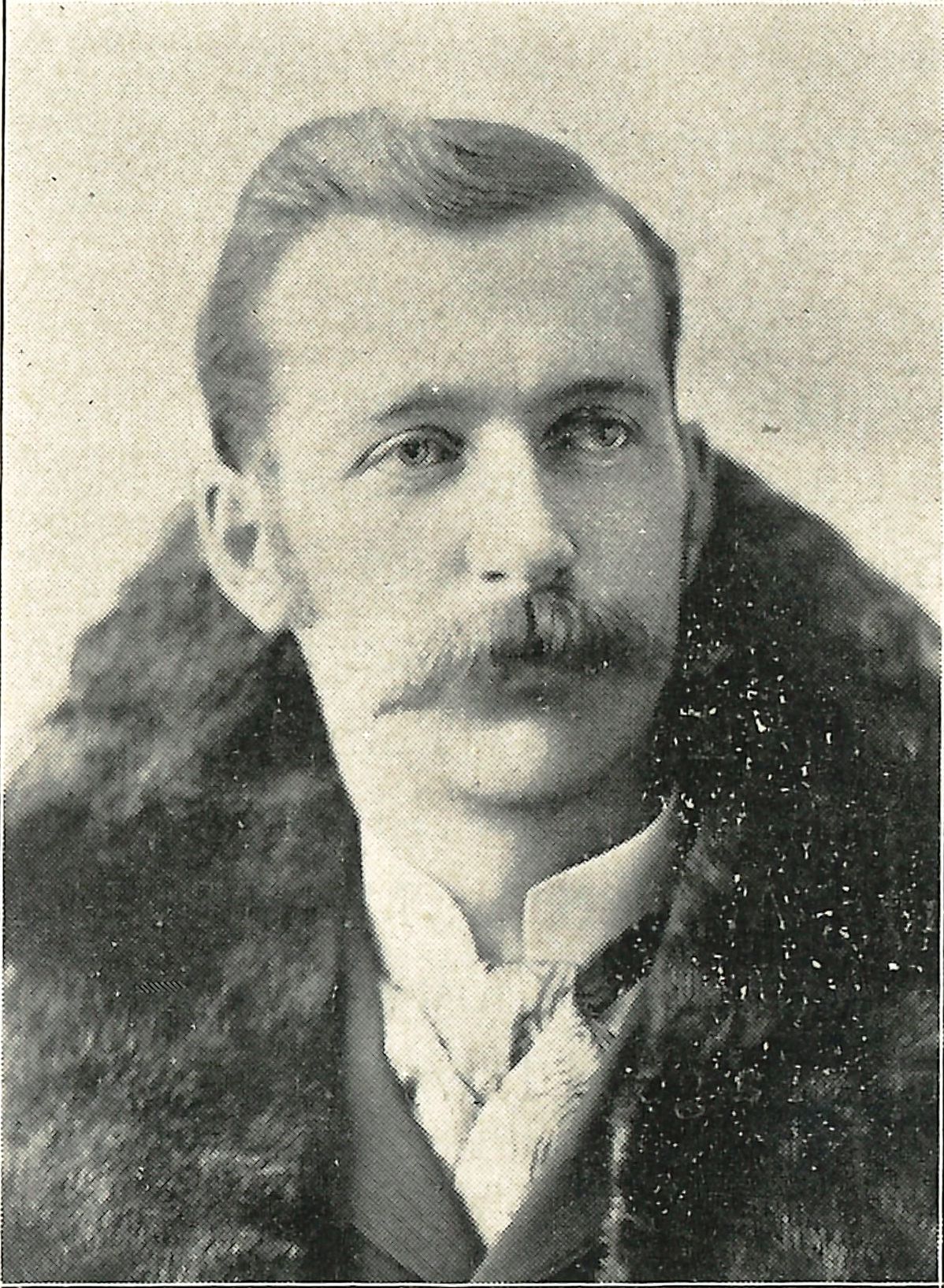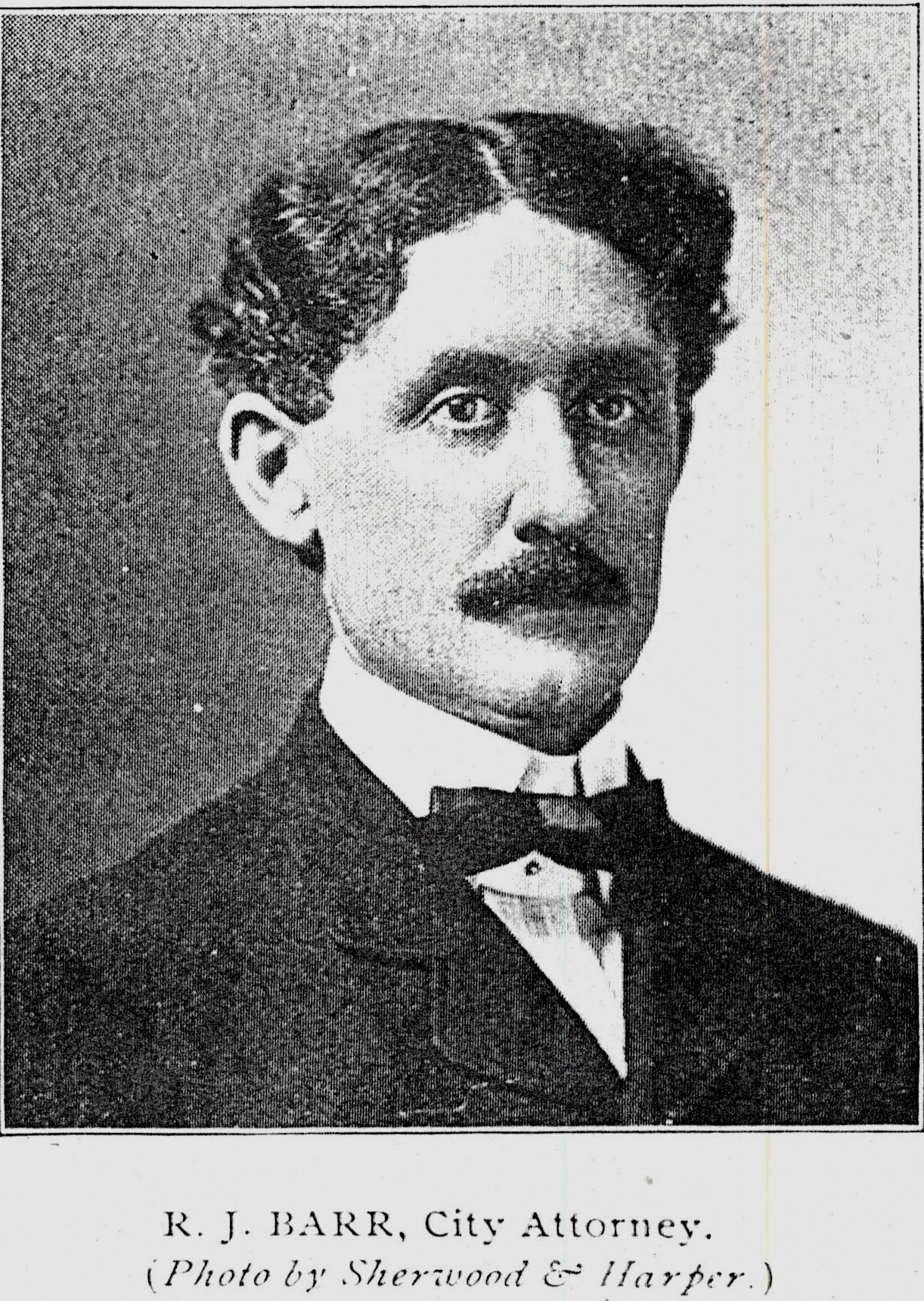Labor Day, why we celebrate it

By Sandy Vasko
Another Labor Day has passed, but we can’t let it be ignored. The tradition of unions in Will County is too strong. Today’s subject is labor, united or not, from our not-too-distant past. Set the “way back machine” for January, 1877. It was that year that stone united owners and laborers against the penitentiary.

John D’Arcy gave an impassioned speech at the union rally.
The problem was the quarry at the penitentiary and the use of cheap convict labor, putting the normal working guy out of a job. In Joliet, the owners and laborers met to try to change that practice. We read the proclamation in the Joliet Signal: “Whereas, the chief and almost natural production of Joliet and vicinity is stone, and in all times the great portion of her mechanics and laborers have been bred to the trade of quarrying, dressing and shipping that material, and they, with their families, in all numbering thousands of population, have become owners of homes here, with the purpose of pursuing their avocation through life, and
“Whereas, It is too late for these citizens to learn new trades or methods of supporting their families, and, if they could do so, all would have to leave, selling their humble homes at one time and consequently at ruinous prices, and
“Whereas, the Illinois State penitentiary is located at Joliet, and 250 convicts have been hired out for about fifty cents per day ($14 today), to dress stone, in competition with our tax-paying stone cutters, thus enabling convict contractors to take all the contracts so low as to drive resident freemen into idleness – so low as to create an unfavorable contrast against the lowest living rates of our mechanics – and this has continued so long that their occupation is almost gone and the commerce of Joliet in a God given production, is paralyzed and almost destroyed. Now, therefore, be it
“Resolved, That we, the stone men in all its capacities, also, merchants dealers and people of Joliet in general, turn to the Honorable Senate and House of Representatives of the of Illinois, and pray for legislation which shall prohibit convicts from every section of the State from working in competition with freemen upon a material placed by Almighty God under the ground upon which our homes stand.”
By 1881, unions were forming in almost all trades. “The journeymen stone cutters and painters, etc., have banded together in unions, and now the carpenters have the fever. A meeting was held at Weiner’s Hall last week, and a union formed and a scale prices agreed upon.”
It seems that not only were unions being formed, but those unions were going on strike. In May of 1881, we read in the Signal: “It seems that a rage for strikes has broke out all over the country. The rolling mill laborers in this city caught the infection yesterday afternoon, and large number of them struck for an advance of wages. Considering the high prices for all the necessaries of life the demand of the working men seems reasonable enough, and it is hoped that matter may be amicably compromised and that work will be resumed at once. As a general rule we do not believe in strikes, but often the men are driven to it.”
The need for unions continued to grow as the Industrial Age clamored for more and more cheap labor. By March of 1897, it was the turn of the store clerks to demand better working conditions, and they found friends in every walk of life that can be imagined. The issue was early closing for stores. In most cases, the clerks worked from opening, usually around 8 a.m. to closing, which was typically around 10 p.m.
We read, “Joliet merchants, Joliet wage-earners and Joliet professional men united are in favor of closing the stores of the city not later than 6:30 p.m. At the meeting held last evening in the opera house every walk of life was well represented and the sentiment was practically unanimous in favor of early-closing. Most of the speakers took occasion to advise and urge the audience to trade only with those stores which close at 6:30 ‘clock and before adjournment a resolution, introduced by John T. Donahoe, to the effect that the sentiment of the meeting was in favor of early closing, was passed with a whoop. “The list of speakers included clergymen, lawyers, merchants, wage-earners, Y.M.C.A. officials. The meeting was one of the most unique demonstrations of public sentiment which has ever been shown in Joliet and it showed that the clerks’ association is most decidedly in earnest and that it is backed up by a powerful public sentiment.
“Members of the Trades and Labor assembly met at Labor hall at 7 o’clock and shortly before 8 marched in a body to the theatre where a good-sized audience had already gathered. On the platform were a number of the most prominent citizens of Joliet.
“The first speaker was Mr. Richard Barr. Mr. Barr delivered an oration which had been evidently very carefully prepared and traced the growth of the laboring man and the growth of trades unions.

Richard Barr in 1895, who would later be elected a state senator, was a prominent speaker.
“After talking at some length on the general subject of trades unions Mr. Barr finally spoke of the Retail clerks’ Protective association. ‘I believe,’ said the speaker, ‘that the association is a good thing that is organized for a laudable purpose. The closing of stores at 6 o’clock or 6:30 o’clock at the latest and the giving to the clerks of the evening which they may call their own but which they could not call their own under the old regime is greatly to be desired.’
“John D’Arcy, the next speaker, made the longest and most sensational speech of the evening. ‘This movement for early-closing,’ said Mr. D’Arcy, ‘ought to be approved by Joliet merchants and professional men and I believe that it is. Joliet ought to come up to the situation. The city is no longer to be classed with Braidwood and Coal City. Peoria, Bloomington and other Illinois cities have kept abreast of the times in this matter and are closing their places of business at 6 o’clock. Why then, should Joliet be behind.’
“At this point in Mr. D’Arcy’s speech he discovered Charles Barber, who was leaning against the door in the rear of the theatre. Continuing he said ‘We have magnificent public library in this city but when are your clerks going to get time to read the books there, Mr. Barber? In the hours you give them for recreation? No, because you do not give them any. Can you tell me then, Mr. Barber when they are to go to the library?’
“In conclusion Mr. D’Arcy said that he was willing to do anything in his power to advance the movement and that he believed it was sure to be a success. At the close of his speech, he was given a round of most hearty applause, and his sentiments were evidently exactly those of the majority of the audience.”